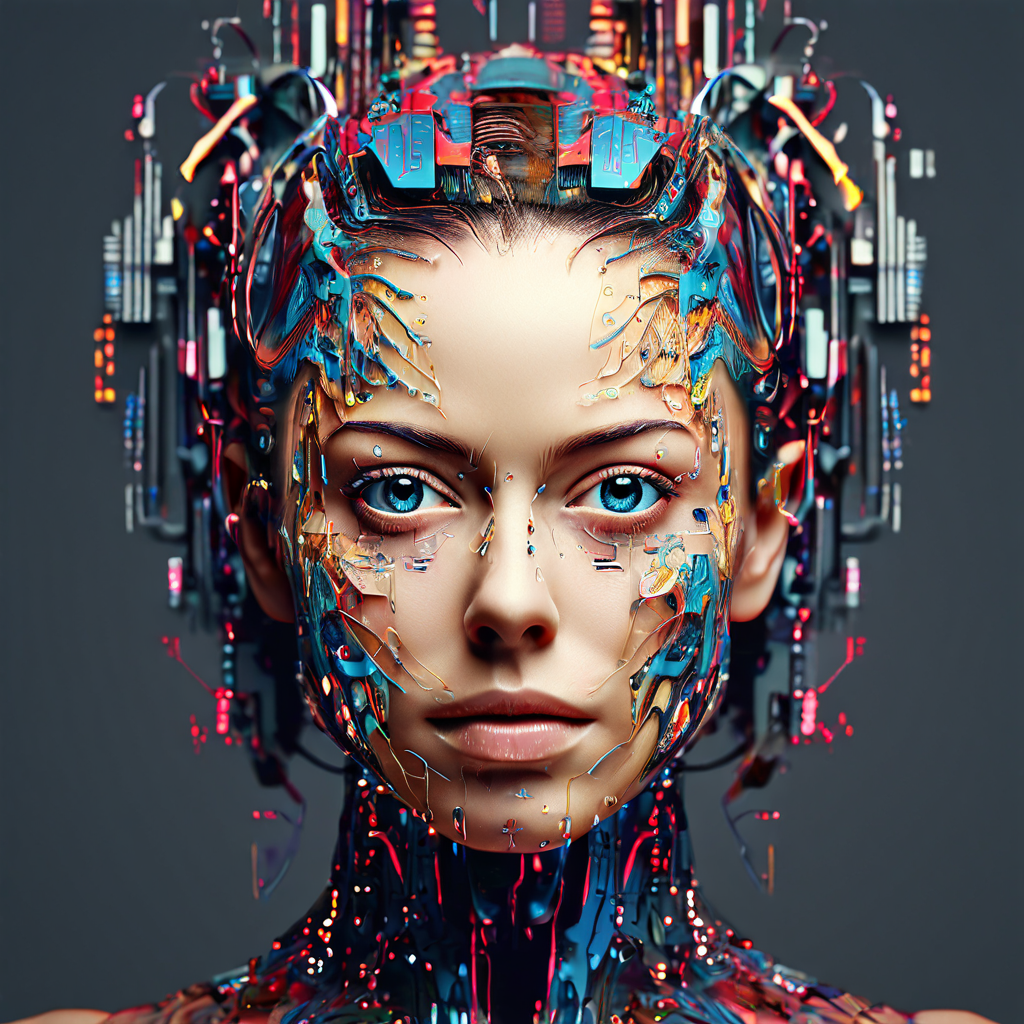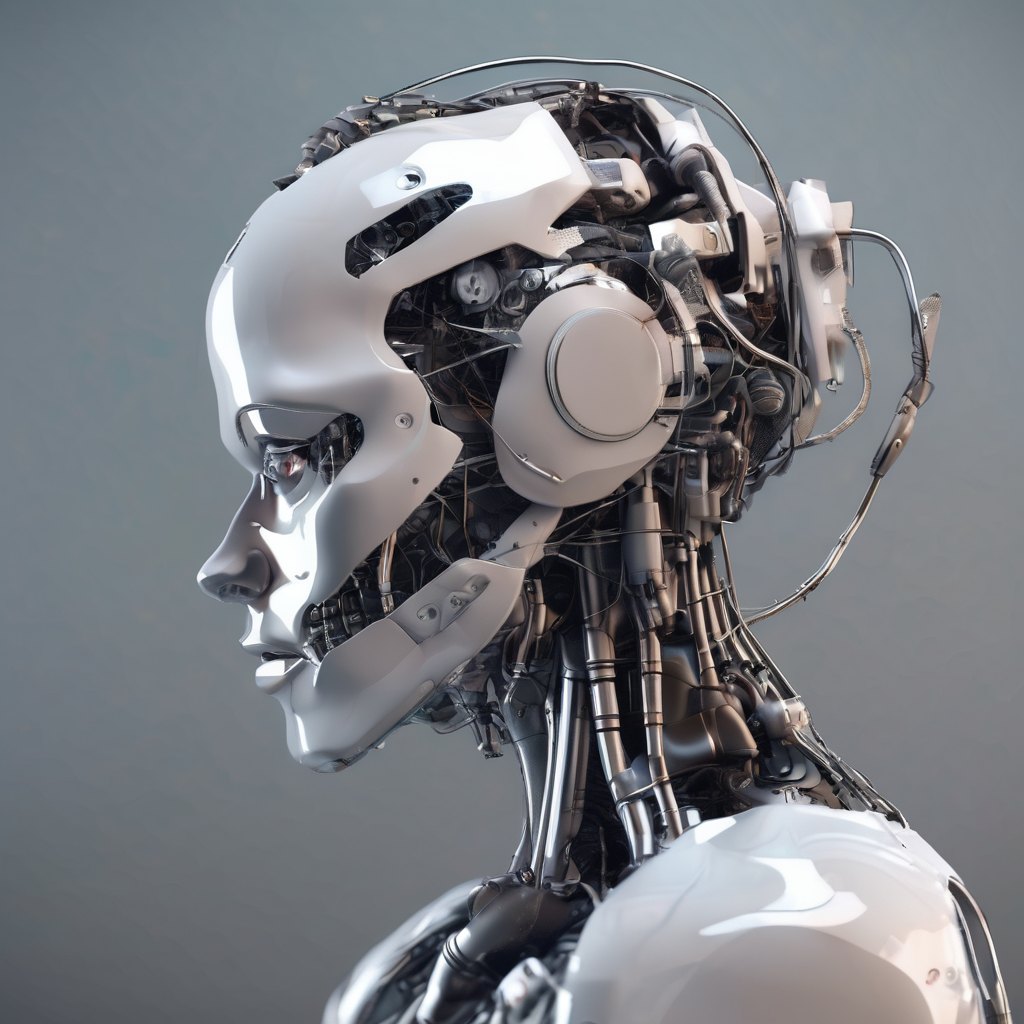Artificial Intelligence (AI) is rapidly transforming various aspects of our daily lives, from how we interact with technology to the way businesses operate. As we look ahead to the next decade, several key trends and advancements are expected to shape the future of AI.
1. Enhanced Natural Language Processing (NLP)
NLP is set to improve significantly, making interactions with AI more intuitive. Expect chatbots and virtual assistants to understand context better, leading to more meaningful conversations.
2. AI in Healthcare
AI will play a crucial role in diagnostics, treatment personalization, and drug discovery. Machine learning algorithms will analyze vast amounts of data to assist healthcare professionals in making informed decisions.
3. Automation and the Workforce
While AI will automate repetitive tasks, it will also create new job opportunities. The focus will shift towards roles that require creativity, emotional intelligence, and critical thinking.
4. AI Ethics and Regulation
As AI becomes more integrated into society, the need for ethical guidelines and regulations will grow. Discussions around data privacy, bias in AI algorithms, and accountability will be at the forefront.
5. AI and Environmental Sustainability
AI can help address climate change by optimizing energy usage, improving resource management, and enabling smarter agricultural practices.
6. Personalized Experiences
From shopping to entertainment, AI will provide highly personalized experiences. Expect recommendations that are more aligned with individual preferences and needs.
7. AI in Education
AI will revolutionize learning by providing personalized tutoring systems and adaptive learning platforms that cater to individual student needs.

- Infographic of AI Evolution: An infographic showing the timeline of AI development and future predictions.
- Healthcare AI: Images of AI technologies being used in healthcare settings, such as robotic surgery or AI diagnostic tools.
- Workplace Automation: Photos depicting AI in a workplace, such as robots working alongside humans or automated systems in action.
- AI Ethics: Visuals that represent ethical considerations, like scales of justice or images of diverse people discussing technology.
- Sustainable Technology: Pictures of AI applications in environmental sustainability, such as smart grids or precision farming.
- Personalized Experiences: Screenshots or visuals of AI-driven platforms providing personalized recommendations in shopping or entertainment.
- AI in Education: Images of students interacting with AI driven educational tools or virtual classrooms
Conclusion
The next decade promises groundbreaking advancements in Al, driving innovation across multiple industries. While these changes offer exciting possibilities, they also raise important ethical considerations that society must address. As we embrace the benefits of Al, it is crucial to ensure that its development is guided by ethical principles, promoting inclusivity and responsibility. By doing so, we can harness the full potential of Al to create a better future for all AI.





